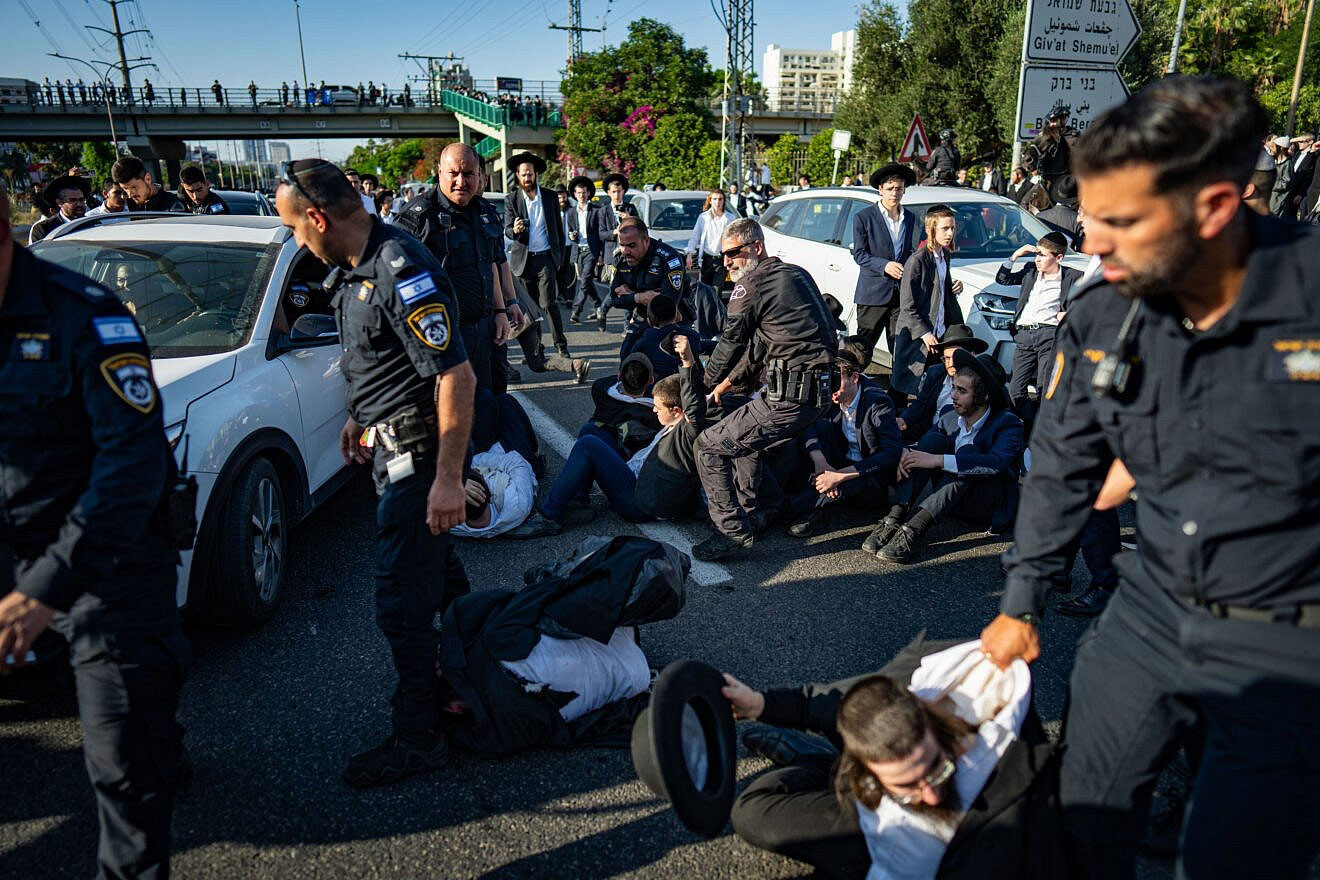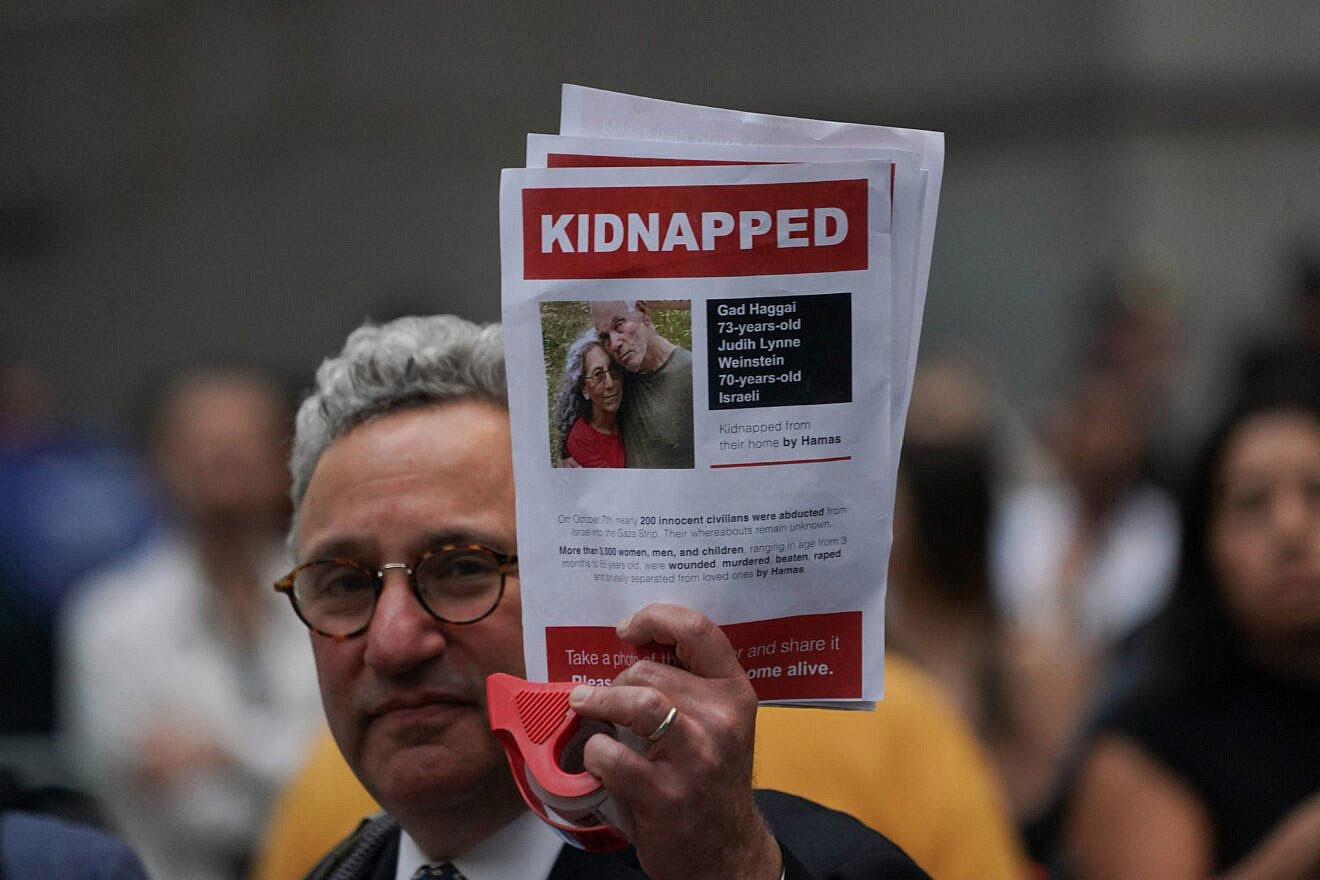(JNS) — Israel’s Foreign Minister Israel Katz said on Saturday that an imminent military operation in Rafah would be suspended if a hostage release deal is secured, calling it the top priority to free the remaining abductees taken by Hamas on Oct. 7.
“The release of the hostages is the top priority for us,” the member of Prime Minister Benjamin Netanyahu’s Security Cabinet told Channel 12, adding that “if there will be a deal, we will suspend the operation” in the last Hamas bastion in southernmost Gaza.
Katz is not a member of the War Cabinet overseeing the operation in Gaza, which entered its 205th day on Sunday.
“We will do everything possible to return the abductees, without harming the achievements of the war for which soldiers fell,” Katz said, emphasizing that increased military pressure on Hamas raises the prospects of a deal.
Israeli forces are preparing for the Rafah offensive to eliminate four of the final six Hamas battalions, which Jerusalem says is essential to defeating the terrorist group responsible for the Oct. 7 massacre.
Katz also praised the Egyptians for their role in mediating hostage release talks, while suggesting that Hamas’s patron Qatar has not played a constructive part.
“This is a country [Egypt] with which we have a peace agreement, and also common interests. [Cairo] really does everything it can to help,” he said. With regard to Doha’s role, Katz said he “doesn’t want to hand out a grade.”
According to the London-based, pan-Arab daily newspaper Asharq Al–Awsat, Cairo and Washington in recent days have ramped up pressure on Hamas to accept a hostage release deal. The Egyptian interlocuters reportedly told Hamas that the proposal on the table was the best deal they would be offered and if it is rejected, then Israel has legitimacy to go into Rafah, which borders Egypt’s Sinai Peninsula.
Egypt is reportedly pushing for a phased deal, with the first stage seeing the hostages released in exchange for a ceasefire and issues such as the end of fighting and control of Gaza worked out in the second stage.
Axios reporter Barak Ravid wrote on Saturday that the new prisoner swap deal under discussion includes significant compromises by Israel and that for the first time, Jerusalem is willing to hold discussions on ending the war in Gaza during the next stages of negotiations.
For its part, Hamas said on Saturday that it had received Israel’s official response to the latest proposal and will study it before submitting a reply. The terror group has rejected earlier proposals, sticking to its firm demands, which Netanyahu has dismissed as “delusional,” that Israel end the war, withdraw troops and allow Gazans to the northern Strip.
Meanwhile, international pressure is increasing on Hamas to accept a deal, with the United States and 17 other countries on April 25 sending a message urging the terror group to release all of the hostages to end the Gaza crisis.
While domestic pressure from a resurgent protest movement against the Netanyahu government has focused on Israeli efforts to secure a deal to return the hostages, Katz for his part blamed Hamas terror leader in Gaza and the mastermind of Oct. 7, Yahya Sinwar, saying that the decision will be made by “the crazy killer who sits in Gaza.”
“When we could, we did, and indeed over 100 abductees were returned,” he said.
He noted that Israel was not alone in blaming Hamas for the impasse in negotiations.
“The United States blames Hamas and Sinwar that there is no deal,” he said. “The unfair attempts to blame Prime Minister Netanyahu…are not true.”





